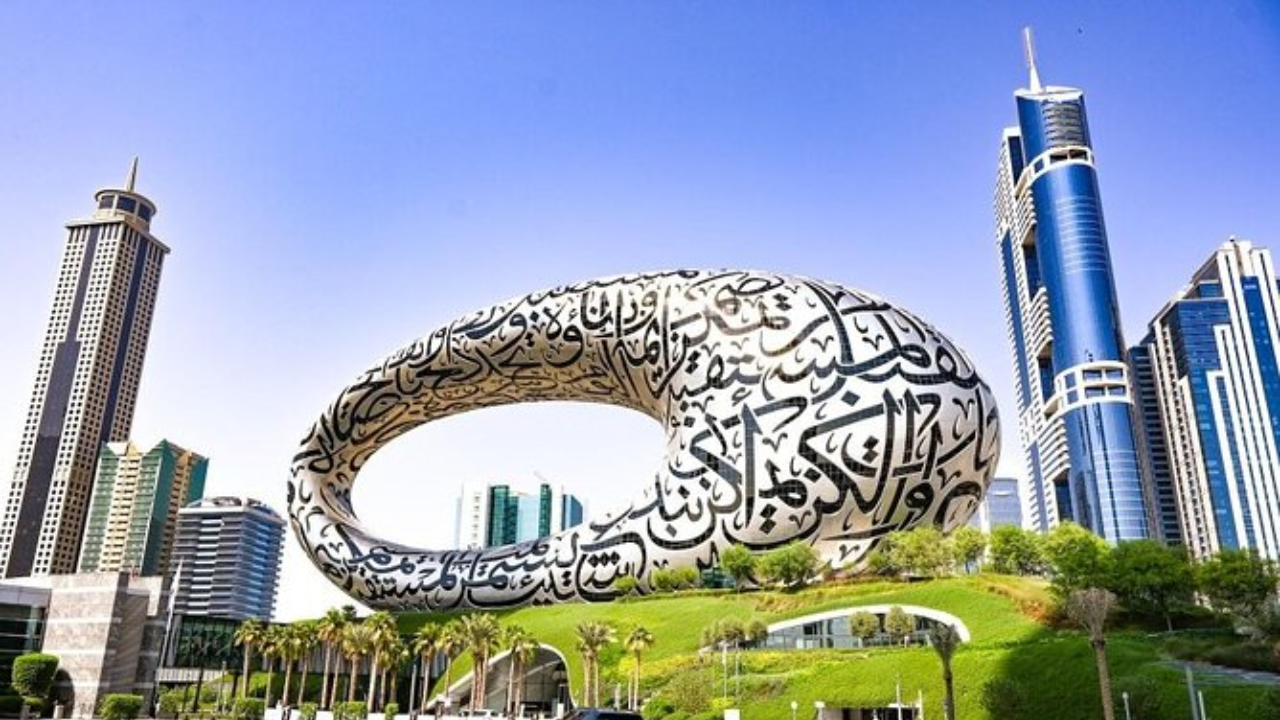
Imran, a Pakistani, is a delivery driver, but he does not object to safety, but we need a roof on our heads. We can not afford Dubai rent using our salaries.
The Catalyst: Fire Tragedy and Safety Concerns
The crackdown was in result of a tragic high-rise fire that had taken place in June 2025. The fire which claimed the lives of a number of residents served to emphasize the dangers associated with illegal partitions and over crowding of residential units. The changes usually close exits in case of an emergency and contravene the safety regulations, and even small fires are disastrous in the areas of limited ventilation.
In reaction, city teams started checking residential areas, particularly aged areas such as Deira and Al Karama, where employees tend to shove into tiny flats so as to reduce the rental expenses. Numerous of these properties were immediately closed down and their occupants ordered out within hours in some cases without any official eviction notice.
Displacement Without Alternatives
The majority of the affected tenants are workers, truckers, housekeepers and delivery workers who earn an average of between $300 and $550 monthly. However, an average 1-bedroom apartment in Dubai is an estimated 1,400/month, thus it is not affordable to them unless they share rooms. The workers are stranded since the ban on shared accommodation is now taking a hard line.
| Worker Role | Average Monthly Salary | Minimum Rent for 1BHK | Typical No. of Roommates |
|---|---|---|---|
| Delivery Rider | $450 | $1,400 | 6–8 |
| Construction Worker | $350 | $1,400 | 8–10 |
| Cleaner | $300 | $1,400 | 5–7 |
Voices from the Ground
One of the Sudanese security guards, Ahmed, recounted how he and four others were kicked out of a two bedroom flat that they were sharing in Al Qusais: We were told that our residence was illegal. The landlord vanished, and we had to evict us without prior notice. A vast number of such tenants are currently sleeping in parked vans, beneath flyovers or in congested labour camps that are miles away their places of work.
The charities have come forward with food and temporary bedding but they say that they are overwhelmed by the sheer mass of the victims. In the absence of any government intervention or collaboration among the private sector, the situation will run out of control and turn into a full-blown housing crisis.
The Legal Gap and Power Imbalance
A good number of these workers do not have the law on their side. They are linked to their employers by way of sponsorship (kafala) schemes thus even a change of housing cannot be undertaken without permission. Moreover, they are not usually aware of their rights or are too scared to raise their voices fearing being fired or deported.
The low-income laborers do not have written rental agreements as opposed to the wealthy expatriates. It therefore means that landlords get away scot free and tenants suffer. The rent control regulations used in Dubai do not support the arrangements of subletting or shared places, and thus, a legal grey area that is currently being aggressively eradicated.
What Needs to Change?
- Affordable Housing Projects: The city needs to develop housing that can be used by low-income earners in the city such as the world housing models like Singapore or Qatar.
- Legal Framework for Shared Living: Dubai needs to implement legislation that will control, but not prohibit shared accommodations with safety requirements.
- Landlord Accountability: Not only tenants but property owners should also be punished who build illegal structures of accommodations.
- Worker Advocacy: NGOs and unions need to be given more room to advocate the needs of workers without intimidation.
Conclusion: Dubai's Growth vs. Its Backbone
The skyline of Dubai can be constructed on opulence and invention, yet it is based on the effort of the workers and service employees. As the city keeps on receiving tourists, investors and multinational companies, the city must also consider looking within its borders, in order to safeguard those on its fringe.
The inequality will cast a dark cloud on the dream of a futuristic Dubai without inclusive housing policy and protection of all residents. Safe, affordable place to live is not only a privilege, but a right of human beings.







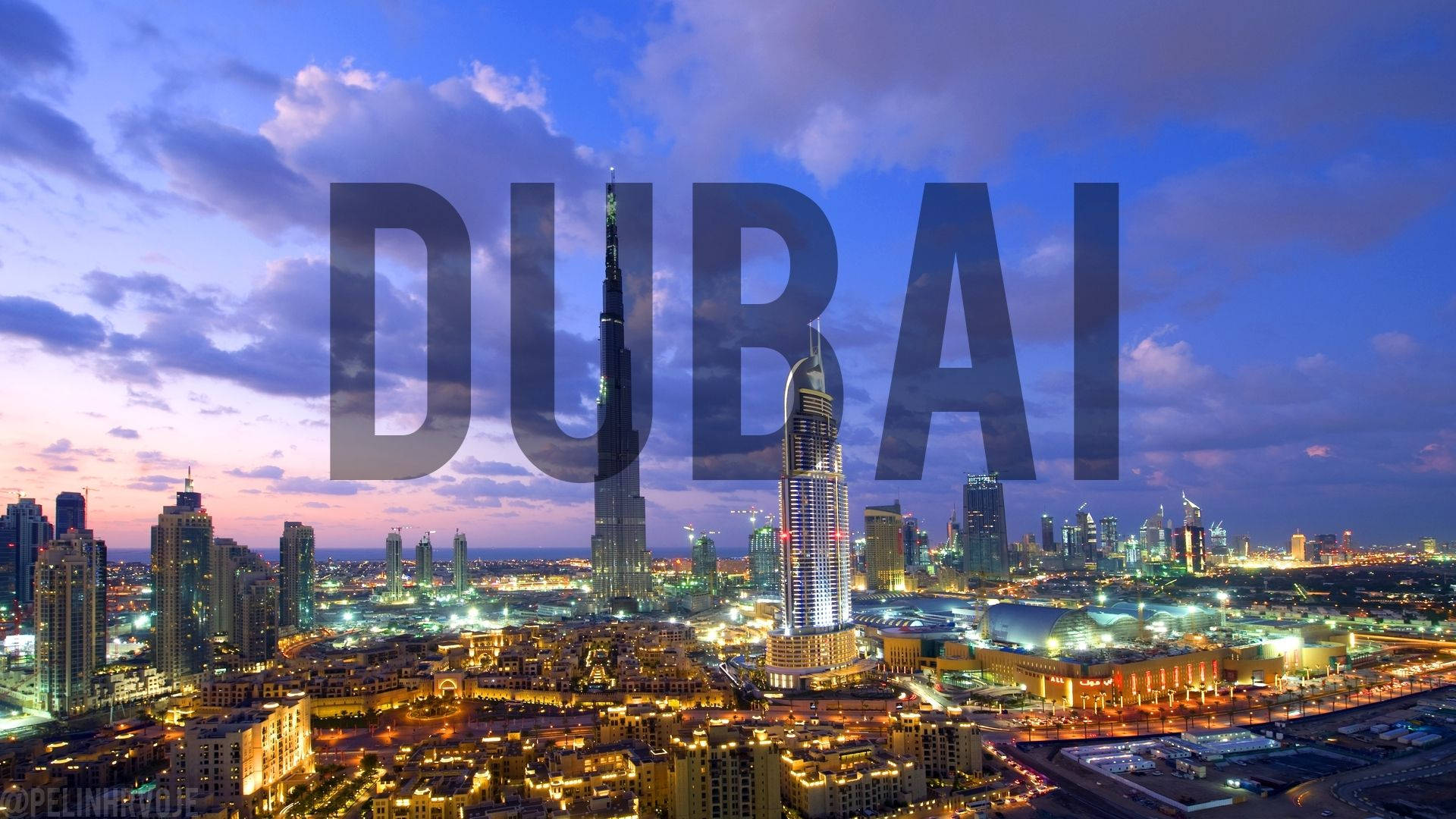
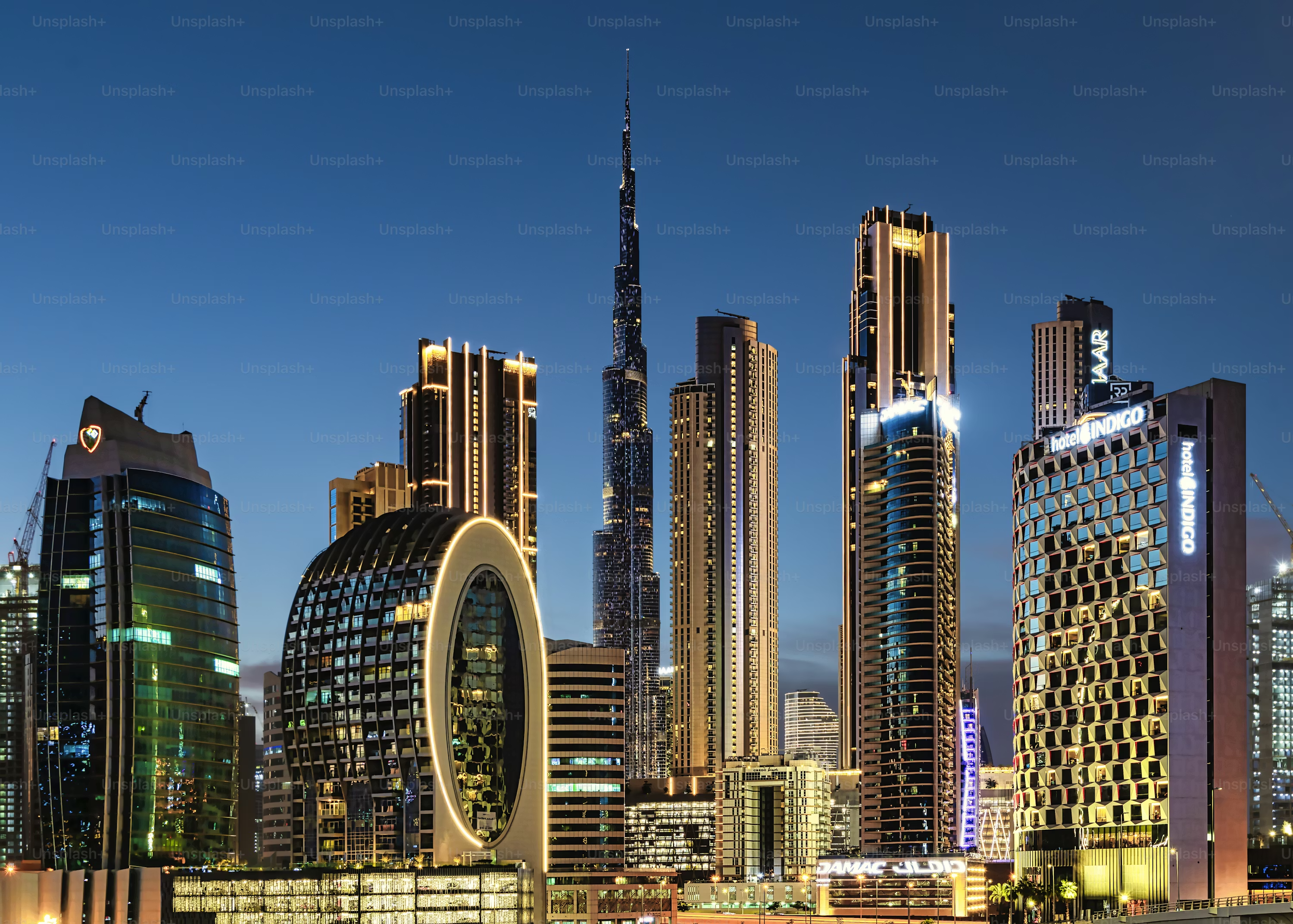
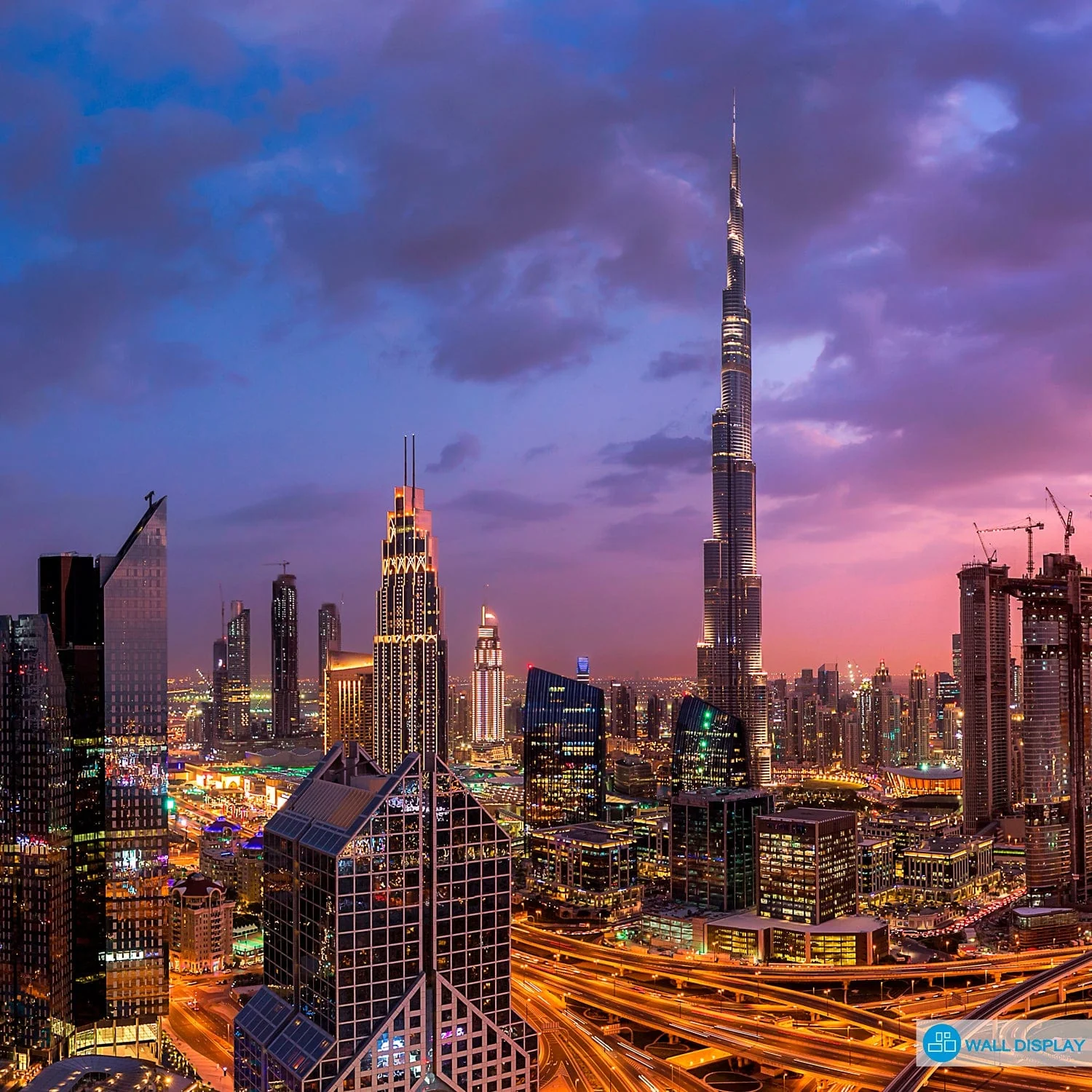


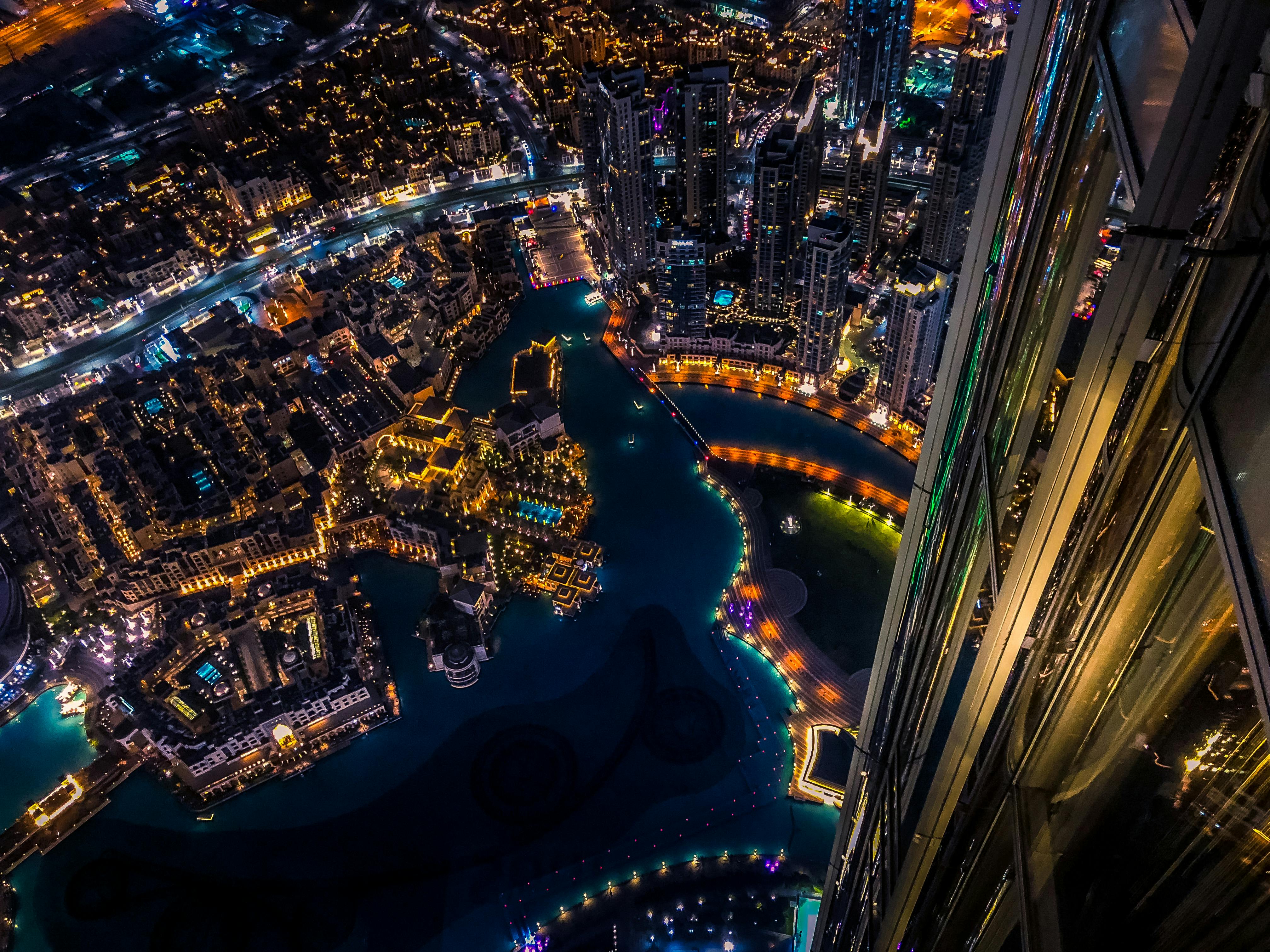

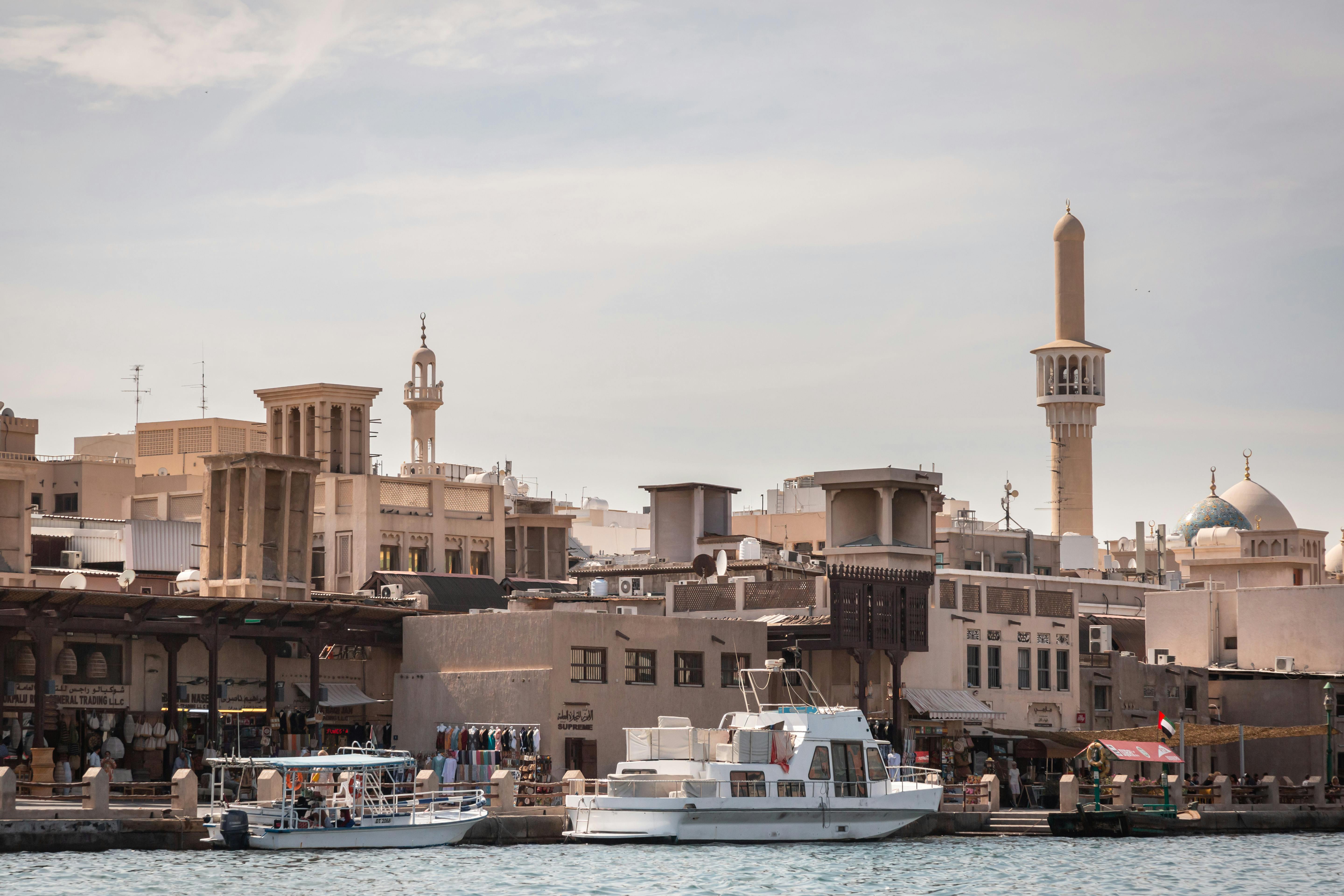
Recommended for you
Dubai International Airport has Introduced Fully Biometric Passenger Jurney to Speed up Travel
Dubai Prepares for World’s Largest Green Energy Expo – 2025
Dubai’s Real Estate Market Hits New Heights
UK Travel Advisory: Dubai Safety Amid Geopolitical Tensions
New International Brands Launching in Dubai Malls 2025
Premier Inn Dubai Al Jaddaf
Skims steps into Gulf debut: Dubai is the first luxury city for Kim Kardashian's brand
RTA Launches Autonomous Water Taxi Service
Al Maktoum Airport: Dubai’s Mega Leap in Global Aviation
Sheikh Mohammed & Sheikh Mansour Unite on UAE Vision 2025